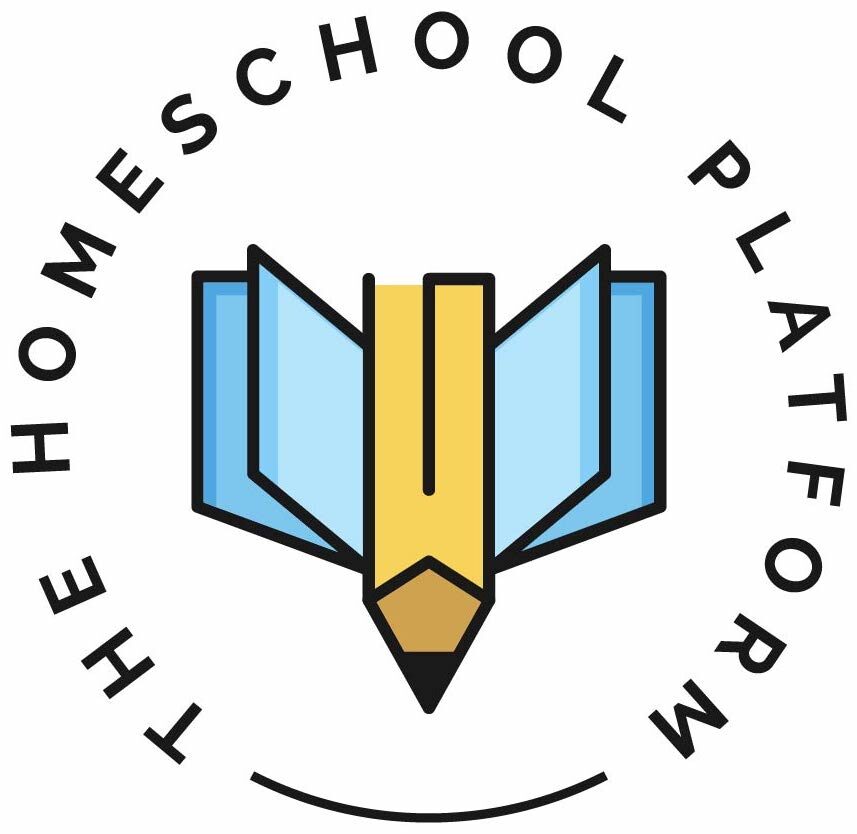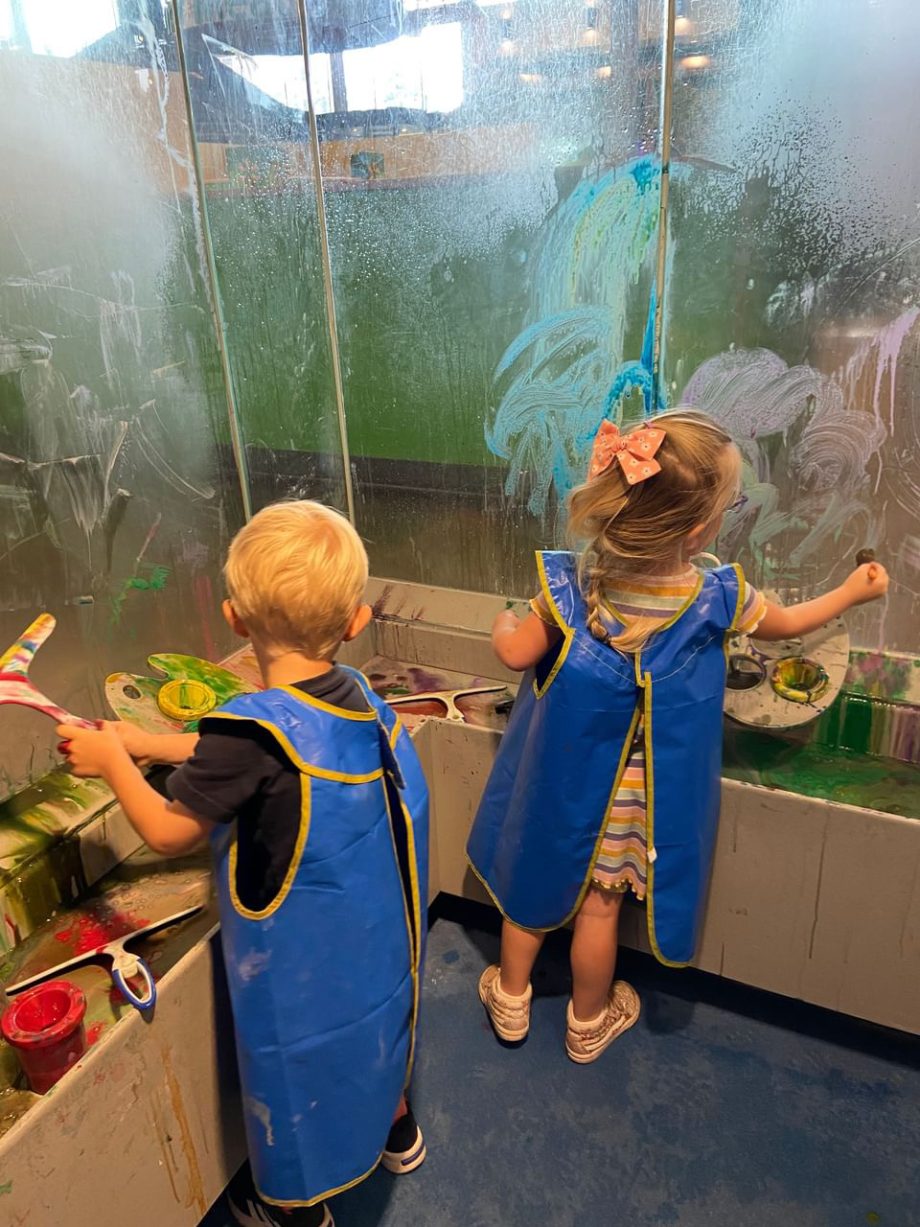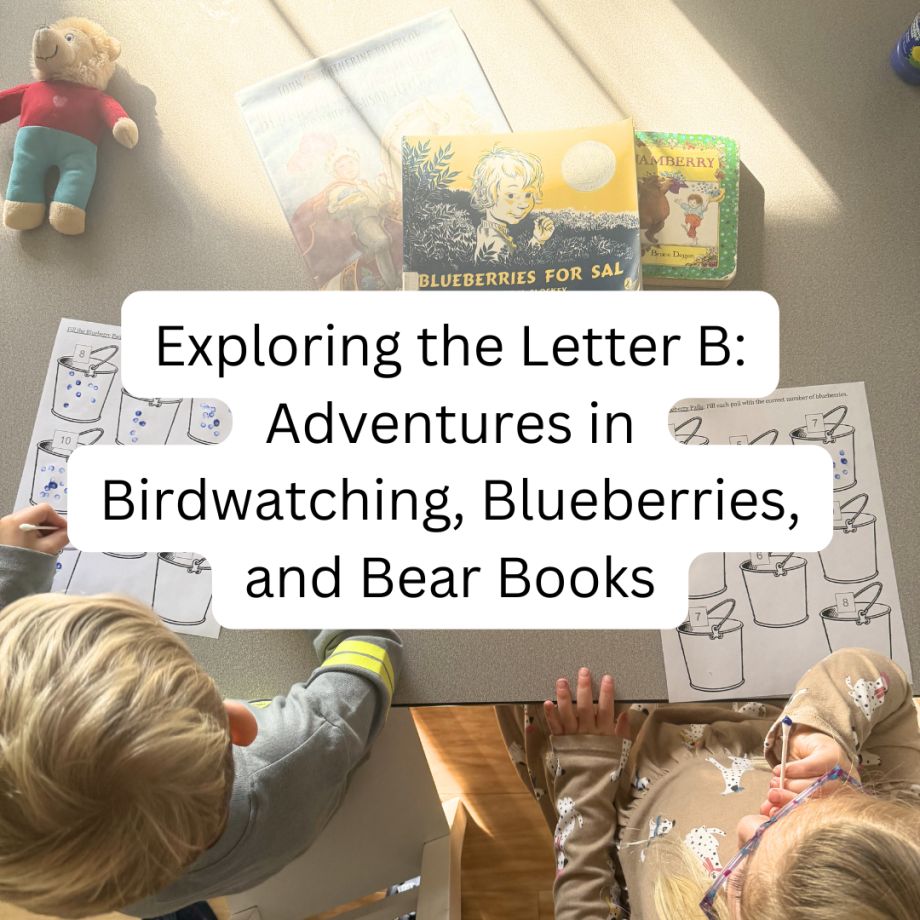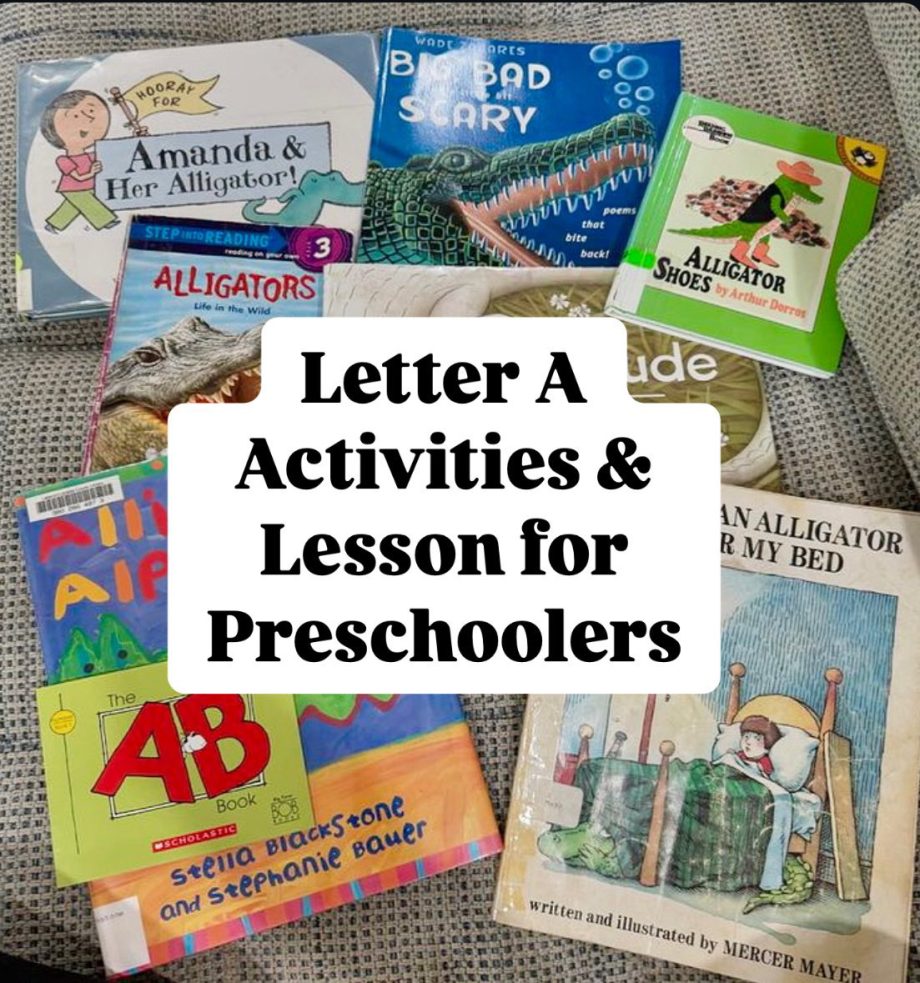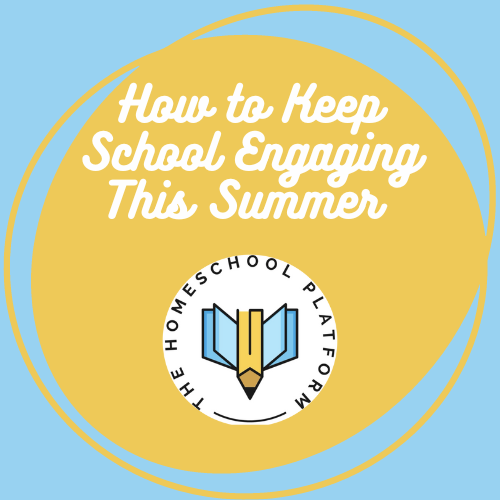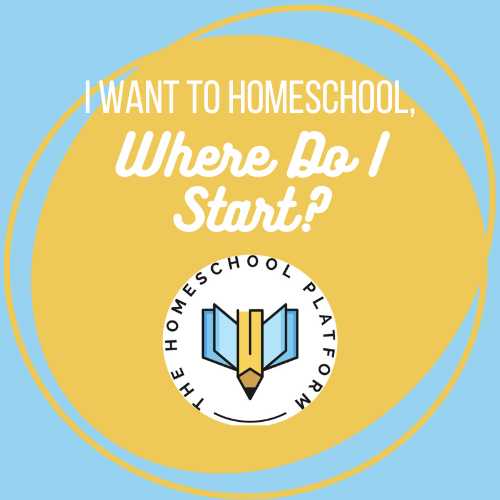Homeschooling for preschool is often a first step for many families, whether they plan to homeschool long-term or are just exploring early education at home. Within the homeschooling community, there are varied perspectives on whether and how to begin structured learning before children reach school age. Through conversations with other parents and my own experiences, I’ve developed an approach that values flexibility, play, and curiosity. Here’s a peek into how we approach homeschooling for preschool in our family.
Relax, It’s Called “Pre” School for a Reason
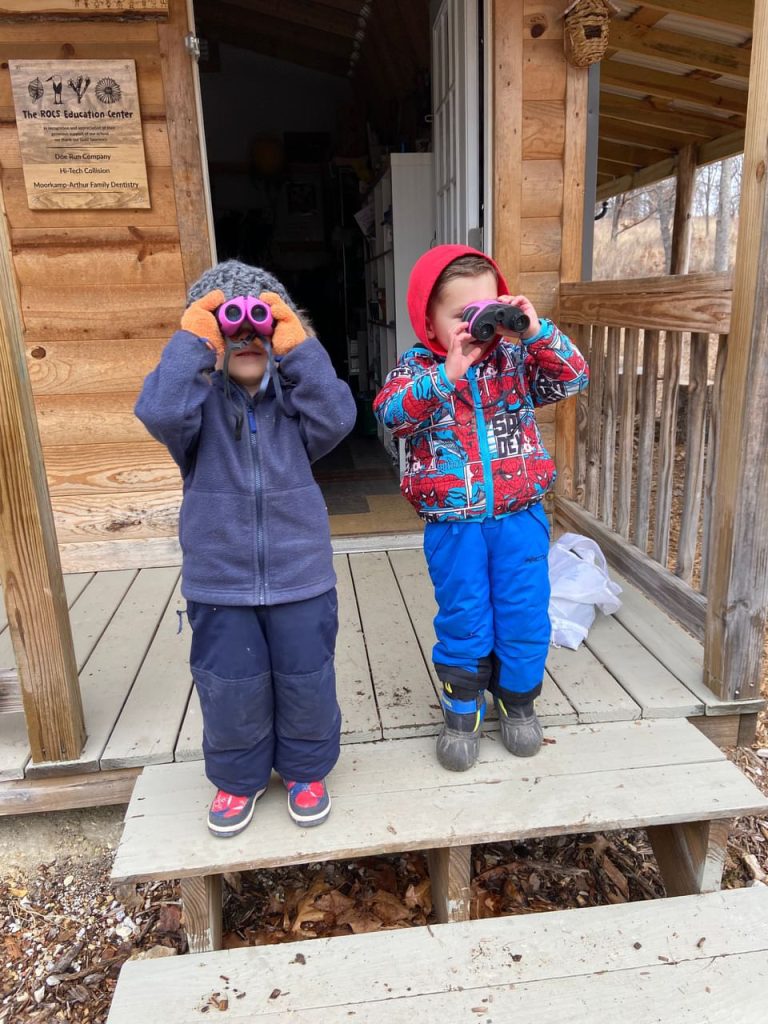
In our efforts to provide the best for our kids, it’s easy to turn preschool into a formal education period. But children ages two to five, traditionally called “preschoolers,” are still in a prime developmental phase for play and exploration. At this age, formal schooling or even preparing for it isn’t as essential as we may think. Instead, this time is meant for play, self-discovery, and social interaction.
Our approach? Prioritize free, unstructured play, ideally outside. Let your child explore their environment, be it in your backyard or a nearby park. If possible, connect with a local playgroup or moms’ group. I was fortunate to find a group in my town, and my kids get to play with their cousins regularly. These experiences naturally foster social skills and curiosity about the world.
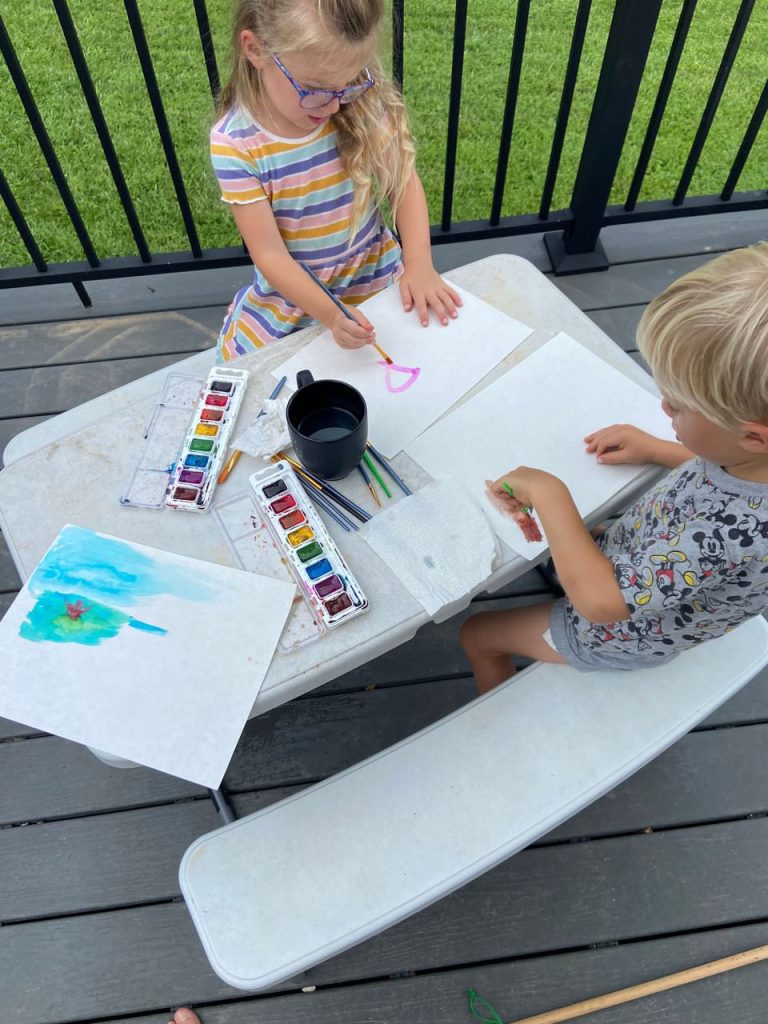
Beyond socializing and play, encourage your child to join in on your daily activities. From cooking to gardening, these hands-on tasks teach life skills, and kids love feeling involved. And of course, reading aloud together daily is a must. These simple practices are more than enough to nurture curiosity and lay the foundation for learning.
But What If I Want to Do More?
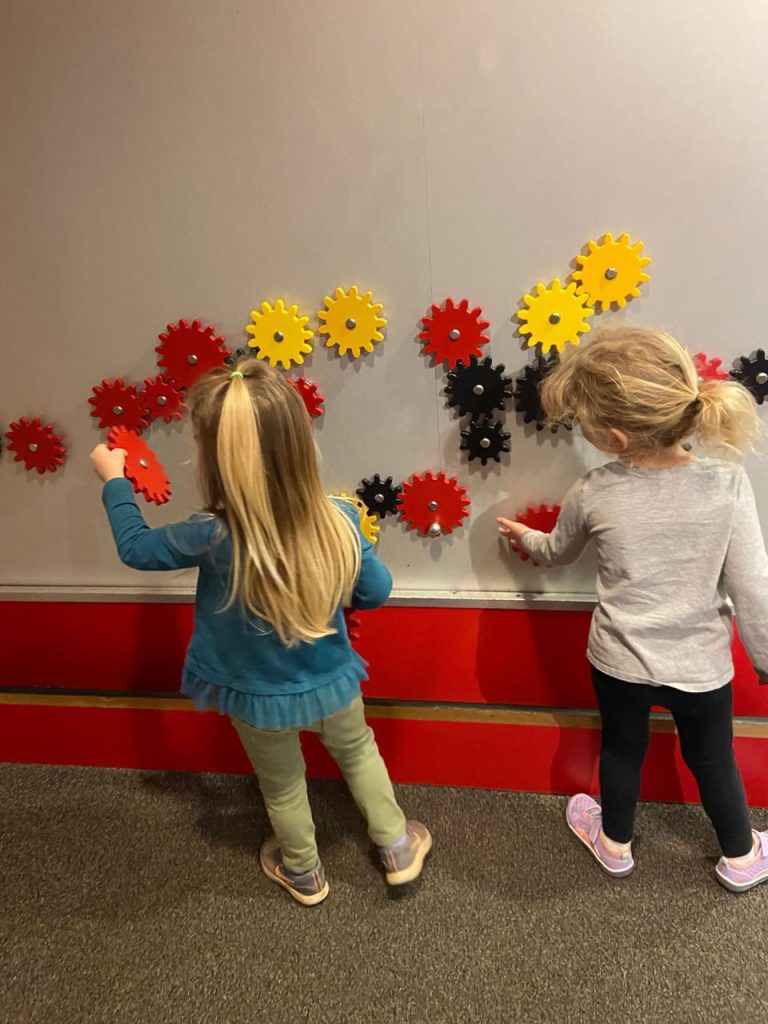
Before staying home with my kids, I was a fourth-grade teacher, and I still carry that love of teaching with me. I miss the excitement of crafting engaging lessons and finding ways to make learning stick, whether it was navigating the Oregon Trail in social studies or running a classroom marketplace to explore basic economics. So, if I’m being honest, the activities and lessons I create for my 4-year-olds are just as enjoyable for me as they are for them!
For many, early education seems synonymous with reading and writing. However, while those are valuable skills, diving straight into them can sometimes lead to frustration. Developmentally, many young children aren’t ready to start serious handwriting or structured reading practice. I focus instead on activities that build fine motor skills and hand strength: coloring, painting, and other arts and crafts are excellent for this purpose.
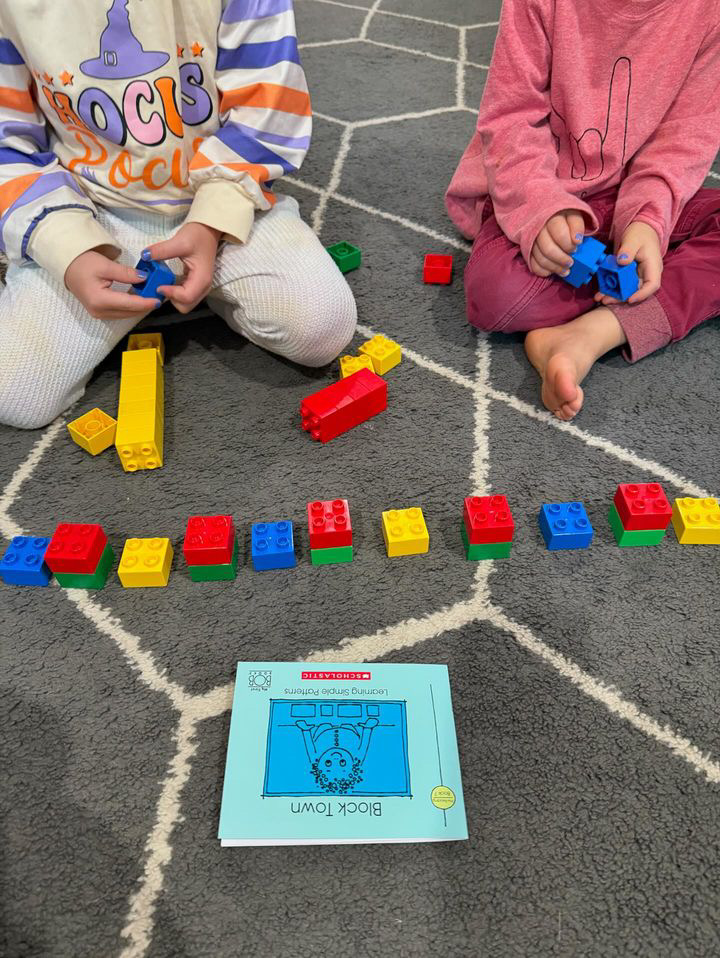
When it comes to reading, rather than drilling letters and sounds in isolation, we focus on exposure to stories and exploring interests. While learning the alphabet is useful, it’s important to foster a love of books, curiosity, and the joy of discovery first. That way, if my child learns to read independently, they’ll also be equipped to understand and engage with what they’re reading.
Learning Through Play
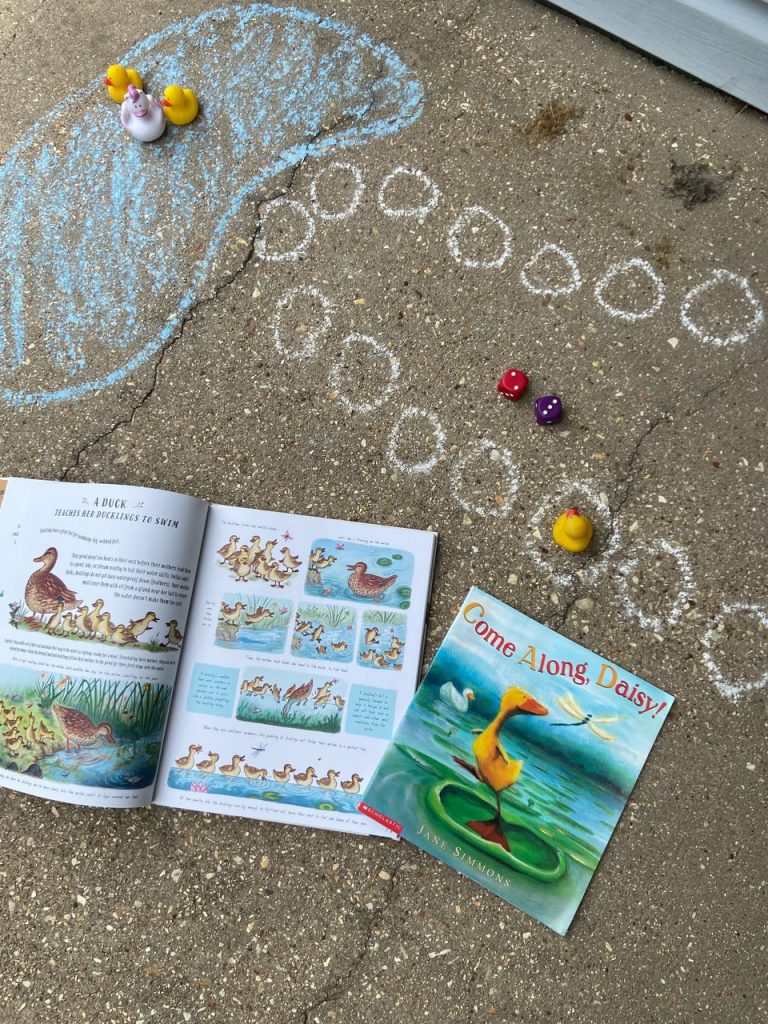
Play is a powerful tool for learning. As Diane Ackerman said, “Play is our brain’s favorite way of learning.” Studies show that play-based learning is effective across many subjects, from language skills to problem-solving. So, when it comes to early learning, I often incorporate play into counting and basic math. We might set up a pretend store or play restaurant to practice numbers and money.
Board and card games are also fantastic for this: some favorites in our home are Sneaky Snacky Squirrel Game, Frankie’s Food Truck Fiasco Game, Uno Jr., and Count Your Chickens. We even play the simple card game Garbage with a standard deck of cards. We have also used the free download Number Recognition Bingo that is available on The Homeschool Platform. Remember, play doesn’t have to be structured or adult-directed. Allowing long periods of open-ended play gives children space to create, explore, and learn at their own pace. You’ll be surprised by the discoveries they make and how naturally their learning evolves when they’re allowed to follow their interests.
Homeschooling Preschool is About Flexibility
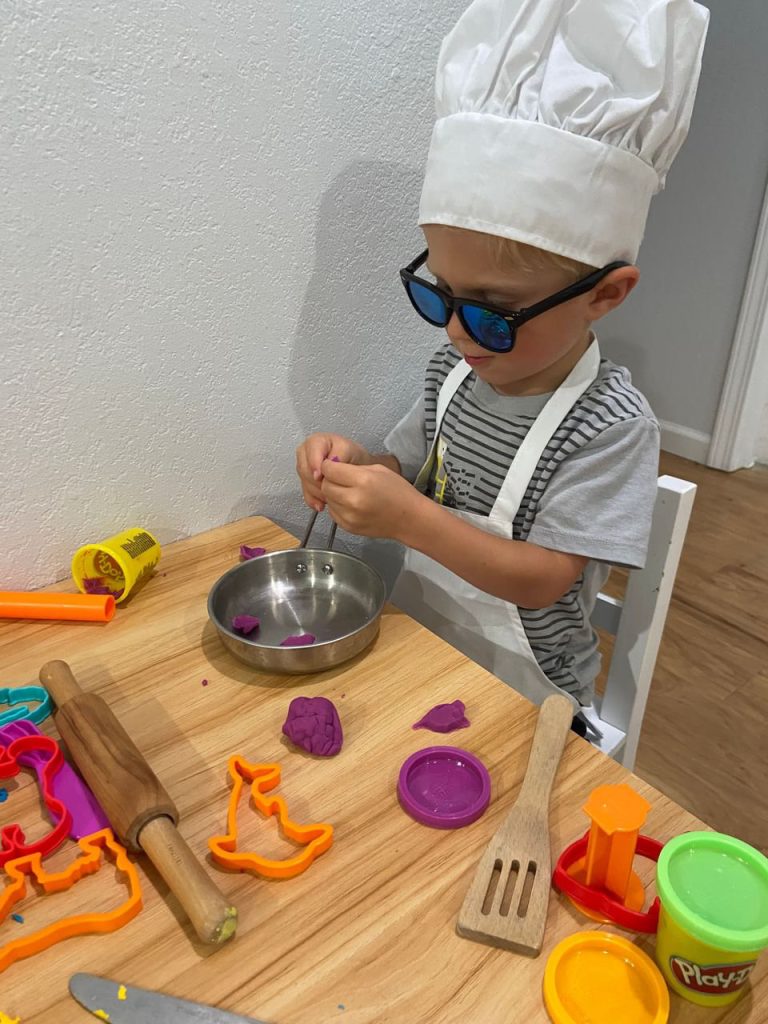
In the end, preschool at home doesn’t need to be elaborate or rigid. Every family and child is different, and flexibility is key. While some may prefer a structured approach, I’ve found that following my children’s lead and letting them explore freely has made our homeschooling journey both enjoyable and meaningful. Homeschooling preschool should be about making memories, nurturing curiosity, and building a love of learning that can last a lifetime.
